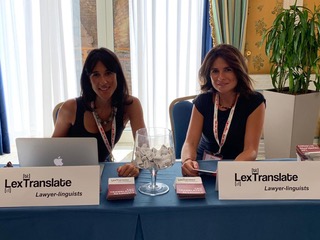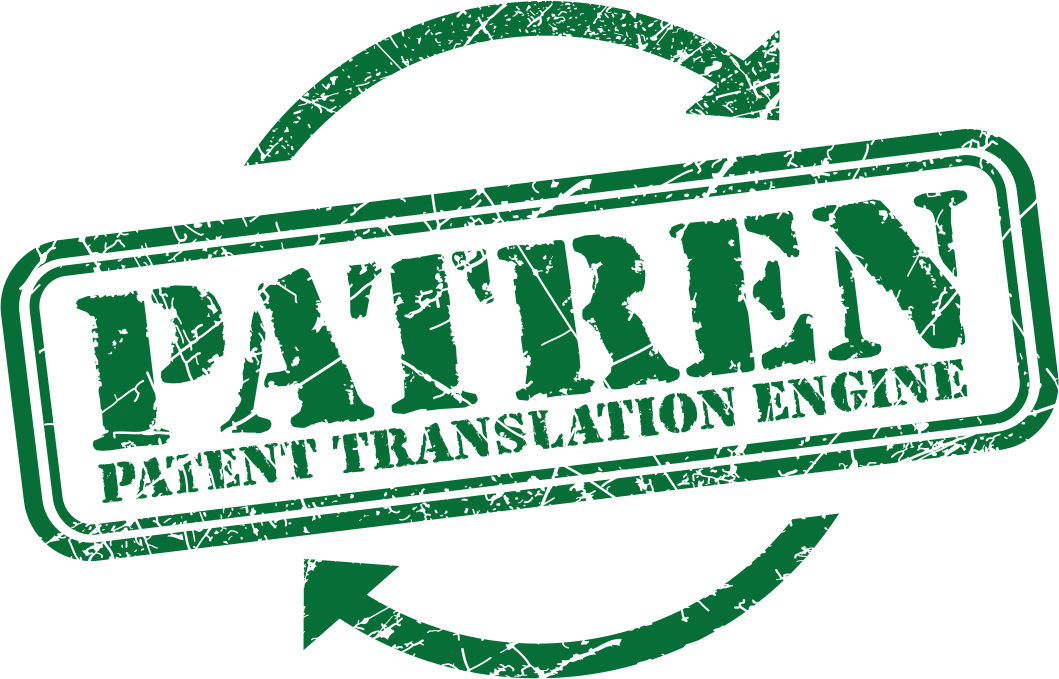“Project management is no cakewalk. From crushing deadlines to strangling budgets, there is no arguing with the fact that project management is downright brutal.” (Cit. Daniel Threlfall)
I’ve been a Project Manager before becoming CEO of a Language Service Provider: here you’ll find something from that experience, a sort of compressed view on a selection of PM-related hot topics, just to offer a few provoking and serious-but-not-too-much-serious hints for discussion and maybe some food for thought.
Working under pressure
If you’re not under pressure, something is going wrong. Most probably, it means that the company you work for is oversized, and this can be sustainable and/or acceptable only in the short run. Don’t panic, but for your peace of mind rather look for clients (for the company you work for) or job places (for yourself) that can guarantee some healthy under pressure ongoing job.
How do you manage the overload?
Smiling. That’s the first move, triggered by the happiness condition provided by the above point. And then, quickly and always smiling: organizing, prioritizing and delegating, well keeping in mind that the “job refusal option” simply does not exist. Lean management can also help: clean all the process from the unnecessary stuff and your overload will be lighter.
Organising and prioritising: how to decide the first things first…
Quite easy. Write down a ranking of clients’ importance for your company, then a ranking of what makes your best clients happy. Done.
Multitasking and how to juggle more than one ball effectively
I’m a man, multitasking is not my thing. Therefore, I delegate to a woman. Am I discriminating? Yes, I firmly believe that women do it (project management…) better. Gender related experiences and jokes aside, to juggle more than one ball effectively you have to be quick, agile, well trained and focused. Same as in juggling, with a (possibly) smart team management component to add.
How to delegate with confidence
First, the delegate will preferably be a woman, if multitasking skills are required (see the above point and smile). Trust and experience are also common-sense indicators: unfortunately they come with time. A good habit to reduce such time factor is to care about the people around you: that will help you knowing them faster, and maybe building a better ecosystem there.
Managing expectations
“L’illuso batte il muso” (self-deceived, badly hit), the wise Italian man says. Expectations though have to be distinguished between yours and your bosses’ ones. If we’re talking about yours, please keep in mind that dreaming is fine, definitely better if you dream some target you can reach. “Sky’s the limit” is a very nice and visionary saying, though hard to firmly believe in a sane condition. On the other hand, if we’re on someone else’s expectations… Well, it’s a great acknowledgement to be told “Excellent job, you exceeded my expectations!” (or similar), but usually it’s all about a balance between underestimation and overestimation vs. resources and targets. Eventually, I’d say that “balance” is a key word here.
How to handle feedback and conflicts
Use a weighted combination of brain and heart. Simplifying and assuming that feedbacks should be about measurable data, they should be handled with attention (+brain), whereas conflicts, pertaining to persons, have to be handled with care (+heart). Then remember: a problem always hides an opportunity. Don’t waste time complaining, look positively to smart solutions and out-of-the box options.
Communication and the fine art of being assertive
In my humble opinion, assertiveness (the unilateral quality of being self-assured and confident) in itself doesn’t mean anything, when it comes to communication, by definition a two-way process. A necessary condition to effectively use assertiveness is authoritativeness, the quality of trustworthiness and reliability, that is something you have to acquire and develop. A more or less subtle authoritarianism, consisting in imposing rules and orders by force, will not work, or at least we can’t tell it’s an art – let alone manipulation techniques and pseudoscientific neuro-linguistic strategies. People will follow you if they trust you, i.e. if you demonstrate knowledge, professionalism and consistency in your everyday conduct. IMHO again, of course.
How to handle urgent requests
Run fast, before others become furious. :-)
Does size matter? How to manage huge projects
Of course size matters! Related pleasure depends on a number of factors. Business intercourse can be very satisfactory or very painful, according to excitement and dimensions. How to manage huge projects? Getting ready in advance, therefore being adequately prepared for them!
Operational excellence
This is about aiming to a sustainable improvement of key performance metrics: process and control activities all happily working towards reaching expected targets. Too complex to explain in less than a heavy book. Let’s meet a few related subjects here below.
How to improve workflows
A lot of stuff has been written on the topic. I’d like to mention a basic technique I’ve learned during an MBA course called “Problem Solving and Decision Making”, useful for mapping workflows. It’s the MECE principle – Mutually Exclusive, Collectively Exhaustive – consisting in breaking down problems into logical and consistent buckets of analysis, thus enabling a clear view on what can be improved, avoiding redundancies where they are not needed. All of the steps and pieces of a given process will have to be functional and unique like jigsaw puzzle pieces, at the same time being well comprehensive of the task they should accomplish. A good training for future optimisation and rationalisation efforts.
Calculating capacity and resource management
PM related hot topic. A good project manager has to estimate workload, structural capacity and resources availability, looking to fill the gaps by utter precision. Punctuality is also a plus in this task: the sooner you move, the better you’ll do the job.
The difference between direct and indirect clients
Assuming that an “indirect client” is a client of your client… Direct clients are what you care about. Indirect clients are what you don’t have to care about. Simple. Maybe I’m missing a point, but in my experience this difference has always been a potential minefield. Your deadline, payment terms, job requirements, liability, loyalty… All of this relate to agreements and relationships between you and your direct client: the indirect client is an alien you don’t want to meet!
Definitely lost in translation Project Management
Whatever, a final message. In the unfortunate case where you’d find an “Open to work” label on my LinkedIn profile, and you run a translation company, I strongly recommend you not to hire me as a PM. I know too much.
The (serious) author’s LinkedIn profile, here!






